Six Companies Stepping Up with Investments in Economic and Social Justice
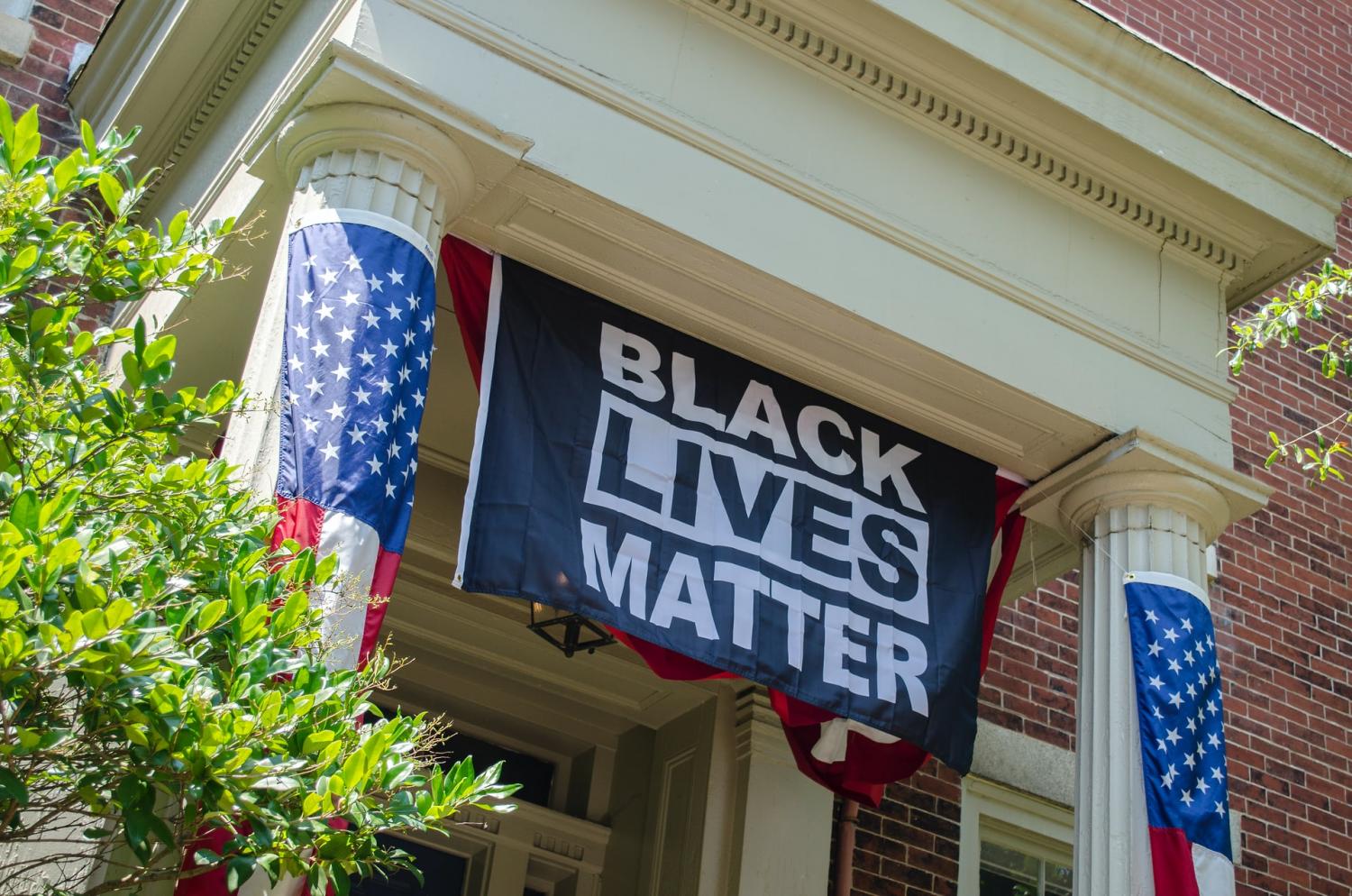
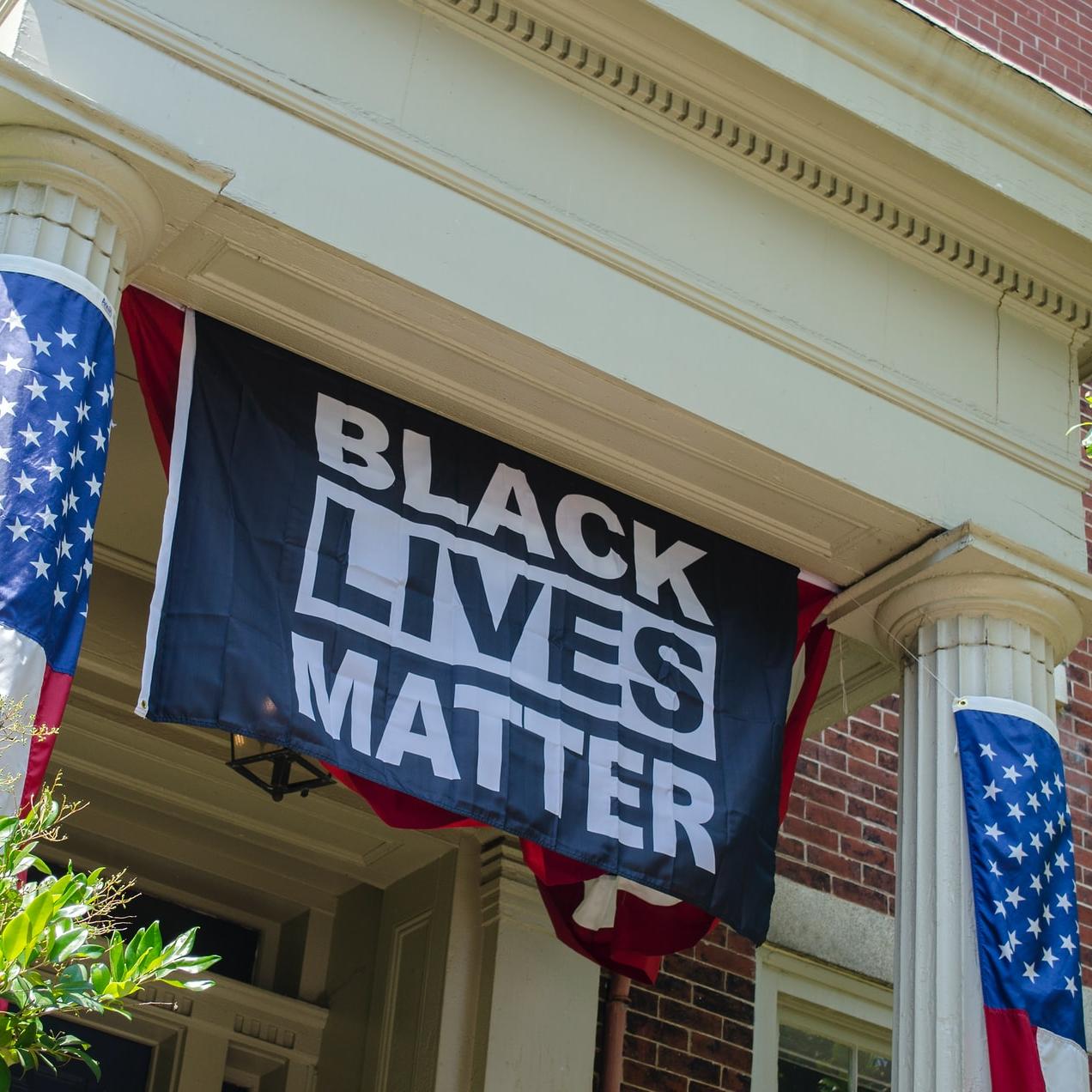
Since last autumn, when the financial titans Bank of America and American Express announced billion-dollar initiatives to pursue economic and social justice, corporate America has been relatively quiet on this front. Among the reasons is a that certain insurrection last month blindsided many companies, an event that forced many of them to review their lobbying and political donation budgets after a huge wave of criticism.
But never mind the excuses: The stubborn reality is that racial wealth gap in America is as large as it was a half century ago, and awareness about the fight for social justice that dominated the news cycle last summer won’t lead to a quick fix; the right investments must be made by government, community groups and companies.
To their credit, in recent weeks some leading U.S. corporations have stepped up. Several of the announcements promise programs with financial commitments in the eight- and nine-figure range and in turn seek to build opportunities in disadvantaged communities. Critics may sniff at the amount, which in many cases is a pittance when comparing those numbers to these companies’ annual revenues, especially as this spending will occur over a timeframe of several years. The flip side to that argument is that if more companies took action on this scale, more U.S. citizens would feel as if they were engaged within the U.S. economy and society rather than being left behind. To that end, the six following companies are off to a strong start.
Apple
Apple’s approach to addressing social justice is one that harnesses what it does best: technology. In early January, the company said it would launch a $100 million racial equity and justice initiative by expanding technology funding and education within communities historically excluded from this sector. The projects include an innovation and learning hub targeting Historically Black Colleges and Universities (HBCUs) that will be based in Atlanta; a developer academy in Detroit through a partnership with Michigan State University; and a venture capital fund dedicated to providing capital to minority-owned startups and companies.
Blackstone Group
The investment management company announced yesterday that it would expand Blackstone Launchpad, a program that works with universities to provide resources, mentorship and events to students with an entrepreneurial streak. According to Bloomberg, 45 additional universities, all of which have majority non-white student bodies or work with underserved communities, will join Blackstone’s program – an expansion backed with a $40 million financial commitment.
PepsiCo
The food and beverage giant appears to be doing a little of everything, judging by its $400 million investment in various equity and social justice initiatives it pledged last summer, spending the company says is slated for the next five years. But where PepsiCo could really make a difference is in its promise to double its spending with Black-owned suppliers, as well a drive to invest $50 million in Black-owned small businesses. PepsiCo is pledging more change within as well, with a push to boost Black representation within its management and executive ranks while increasing more recruitment at HBSUs.
Starbucks
Last month, the coffee giant promised to invest $100 million in social equity work through 2025. According to the company, this “resilience fund” will invest in both small businesses and community funds in BIPOC (Black, Indigenous and people of color) neighborhoods. This effort, which will focus on neighborhoods in 12 U.S. metropolitan areas, builds upon what Starbucks says is its already solid track record in pursuing social justice.
Ulta
Part of the social justice conversation is inclusion – it’s one thing to promise more targeted recruitment and investment, but if people of color don’t feel welcome at your locations, that’s another bridge that needs crossing. This is where Ulta steps up. The chain of beauty stores said this week it would double the number of Black-owned brands by the end of this year and boost employee training to ensure its stores’ customer experience is one that welcomes everyone. The company said it would spend more than $25 million to make this happen.
Walmart
Having already promised a more diverse company in the wake of George Floyd’s murder, Walmart earlier this week reportedly promised contributions of more than $14 million, an amount to be split among 16 community organizations. These groups will tackle various challenges in communities of color, including mounting student debt, expanding internet access, boosting COVID-19 vaccine education and other problems that have contributed to ongoing racial inequity across the U.S. This latest announcement builds on a $100 million, five-year commitment the retailer pledged last summer to bridge the racial equity gap.
Image credit: Robin Jonathan Deutsch/Unsplash
Luxury House of Brands Kering Seeks to Bend the Curve on Biodiversity Loss


Biodiversity loss has long been part and parcel of the luxury fashion experience, with rare and exotic furs and feathers, ivory accents and animal skin accessories topping the list. Luxury brands can burnish their sustainability profiles by moving away from these items, but that still leaves the equally serious issue of agricultural impacts on species diversity. Now, the leading luxury goods and fashion firm Kering is ready to take on the problem, and its strategy could provide a road map for others to follow.
First, admit you have a problem - and find a bottom-line solution
Vogue Business helped to raise the profile of biodiversity loss in its December 2019 issue, when it published the first of a two-part, problem-and-solution series on the topic.
The global consulting firm McKinsey followed up last year in an article dubbing biodiversity loss the “next frontier in sustainable fashion.”
“It’s time for the apparel industry to radically reduce the industry’s contribution to biodiversity loss,” McKinsey wrote.
McKinsey drew a strong parallel with the climate crisis, which has finally sparked widespread awareness among the consuming public. “Even amid the COVID-19 pandemic, sustainability remains top of mind for consumers, investors, and regulators - in fact, engagement in sustainability has deepened during the crisis. For example, two-thirds of apparel shoppers say that limiting impact on climate change is now more important to them since before COVID-19,” McKinsey wrote.
“One million species, between 12 percent and 20 percent of estimated total species, marine and terrestrial alike, are under threat of extinction,” McKinsey warned, observing that “Apparel supply chains are directly linked to soil degradation, conversion of natural ecosystems, and waterway pollution.”
McKinsey took an in-depth look at the issue and suggested that sustainable fashion brands focus on five areas: cotton production, cellulose fibers derived from wood, dyes and other treatments, microplastics and waste.
For solutions, the firm suggested investing in new, innovative textiles that are designed around sustainability, in addition to developing more sustainable practices in agriculture, forestry and the production of synthetic materials.
McKinsey also detailed the case for drilling down on water pollution, waste reduction and consumer education, especially in the area of household laundry.
“We expect biodiversity to become an even greater concern for consumers and investors in the coming years,” McKinsey concluded. “COVID-19, instead of slowing the trend, has accelerated it—perhaps because people now understand more deeply that human and animal ecosystems are interdependent.”
Kering steps in with biodiversity pledge
Some of the solutions McKinsey describes are far off in the future, but Kering demonstrates how fashion brands can focus their efforts on the doable to achieve significant near-term results.
Kering was already developing a biodiversity strategy before the McKinsey report surfaced. Last June, the company announced a new campaign to achieve a net positive impact on biodiversity in just five years, by focusing like a laser on regenerative agriculture.
Regenerative agriculture shares features with organic practices, but it goes a step farther by focusing on crops and methods that build soil back while promoting species diversity, ecological health, and community well-being.
Rather than handing the job to a third party, Kering created a plan that puts itself front and center and stakes out a leadership position in the industry.
That position befits the firm’s role in global fashion. Gucci, Yves Saint Laurent, Balenciaga, Stella McCartney and Puma and are only some of the top brands that in some way fall under the Kering umbrella or have a relationship with the Paris-based house of brands.
The 2020 announcement included the launch of the “Kering for Nature Fund,” with an initial goal of converting 1 million hectares of land to regenerative agriculture by 2025. Kering calculates that comes out about six times its own land footprint, including its full supply chain starting with raw materials.
In addition, the pledge involves protecting 1 million hectares of land identified as critical habitat, outside of the Kering supply chain. The plan embraces local livelihoods as well as biodiversity protection and carbon sequestration.
Last summer, Kering also partnered with the Global Fashion Agenda and Conservation International to co-host a digital presentation for the industry, outlining how to integrate biodiversity into fashion industry operations.
Getting real on biodiversity
In the most recent development, last month Kering and Conservation International announced the launch of the application portal for grants under a program titled as the “Regenerative Fund for Nature.”
“In launching the Regenerative Fund for Nature, Kering and Conservation International aim to help finance farmers transition from current agricultural practices, which have high impacts on climate and nature, towards more regenerative practices that restore nature and mitigate climate change,” Kering explained.
The company also emphasized that bottom-line feasibility for farmers is a key aspect of the grant program. In addition, awardees must engage with science-based targets, tools, methodologies and monitoring systems.
Based on research undertaken by Conservation International, Kering identified 17 countries where grant applications would be eligible. The program also instructs applicants to focus on core natural materials that define luxury fashion: leather, cotton, wool and cashmere.
The company says t is serious about its tight timeline, and has set an application deadline of April 30.
Going beyond trees
One especially interesting aspect of Kering’s plan is that it is far more complex and pre-planned than the massive tree-planting schemes that have been popping up with ferocious abandon around the globe.
Planting trees in big numbers has proven to be a media attention-getter, which explains why it has become so popular in the corporate sustainability field.
There is no denying that tree planting is an important element in global climate action, but evidence is emerging that large scale plantings are much more complicated than they may seem. Without careful planning and management, brands that plunge willy-nilly into the tree-planting area may find themselves deep in reputational risk.
For brands looking to take their sustainability efforts to the next level, Kering’s science-based, community-centered approach is one worth watching.
Image credit: JR Harris/Unsplash
This Program Trains Survivors of Human Trafficking for Careers in Tech
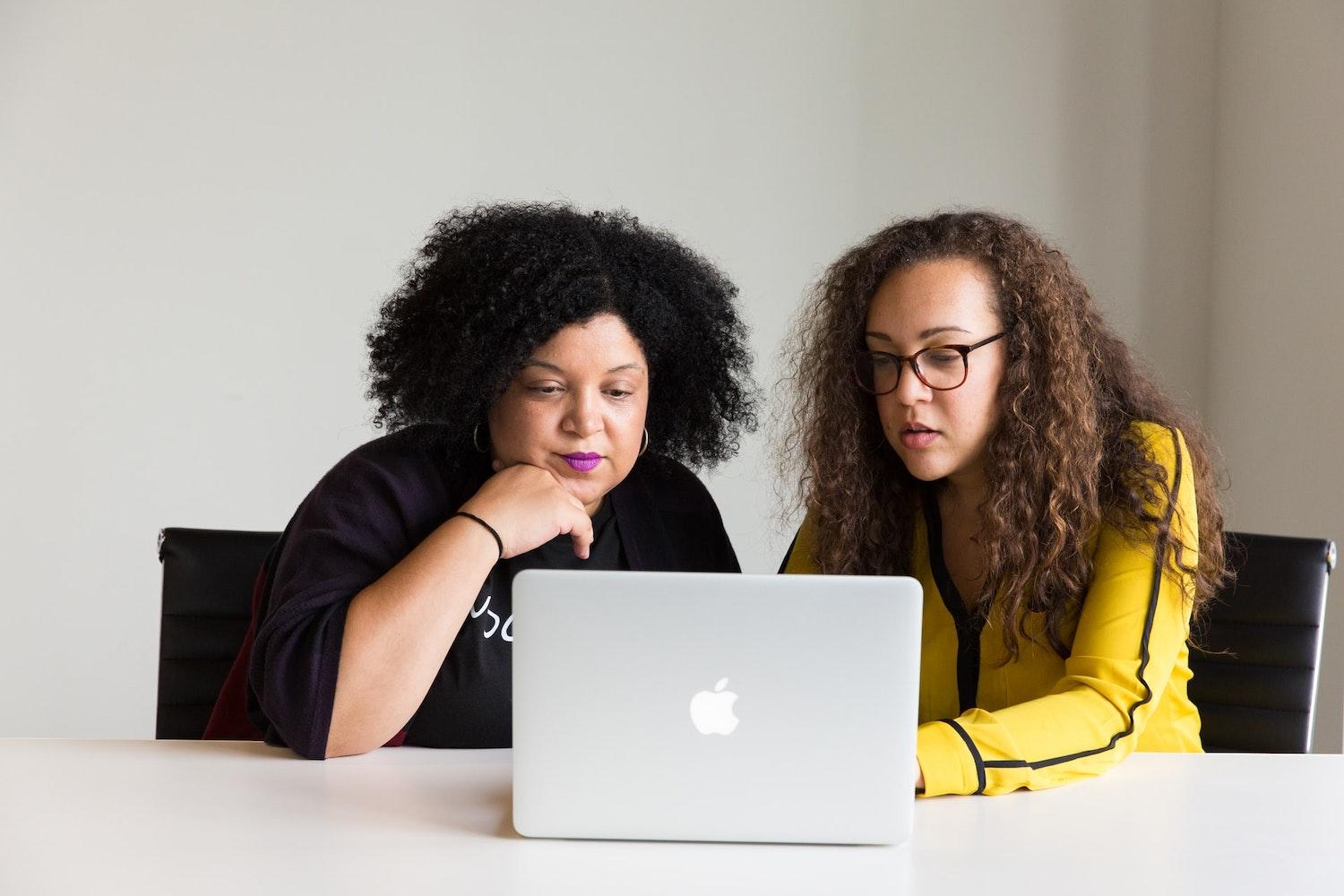
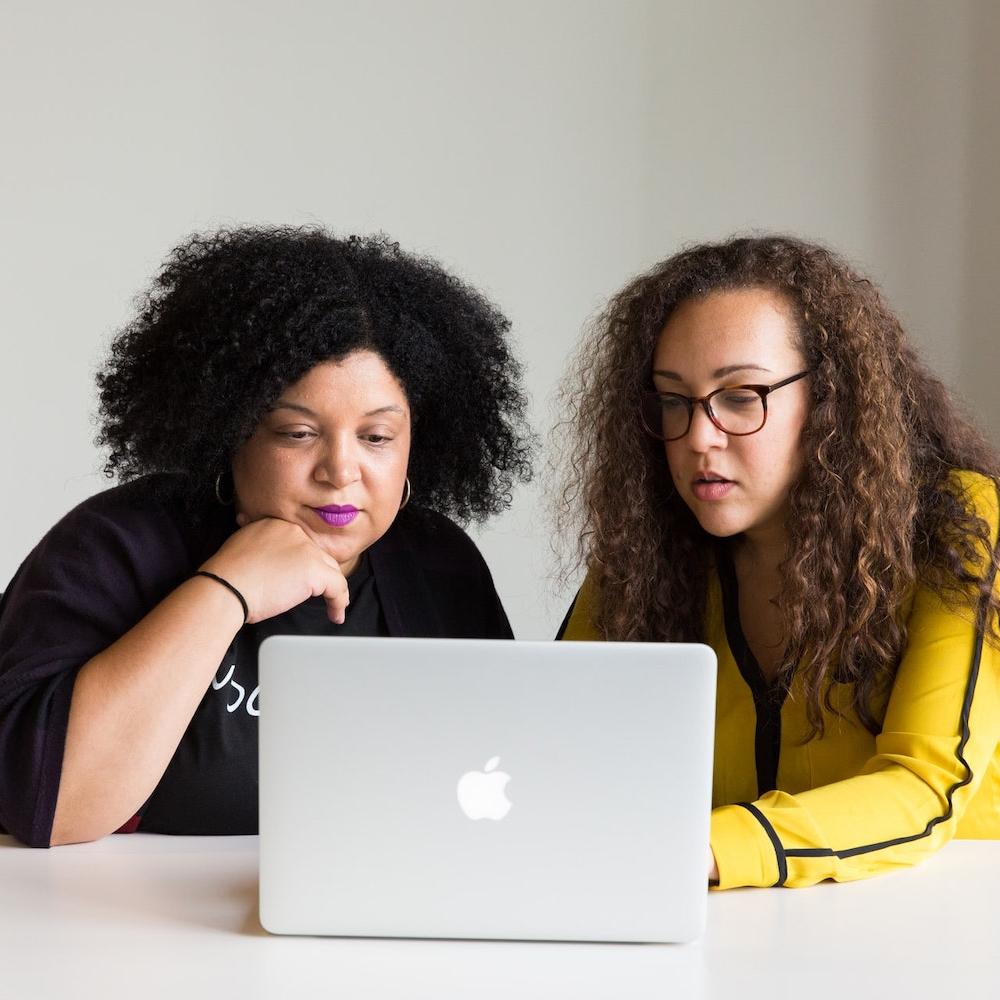
Picture this: a tech company deploying projects built and developed by survivors of human trafficking and gender-based violence. It may seem like a long shot in a world where those individuals so often find themselves stuck in cycles of abuse and exploitation, but nonprofit tech incubator AnnieCannons has achieved a self-sustaining and scalable system of economic empowerment for survivors.
Breaking vicious cycles of human trafficking
Hidden in plain sight, the United States has a grave human trafficking problem. The fact that the problem remains unmeasured doesn’t help: In 2016, the U.S. Department of State estimated that 57,700 individuals were being trafficked into the country each year, an estimate that doesn’t account for those trafficked within the nation’s borders.
California, where AnnieCannons is based, has a distinct need for services supporting survivors of human trafficking. The state’s Office of the Attorney General claims that California, being an immigrant-driven border state and the world’s fifth-largest economy, is a top destination for trafficked human beings. Yet the type of aid directed toward human trafficking survivors is too often focused on immediate intervention rather than long-term well being, Laura Hackney, chief technical officer and cofounder of AnnieCannons, told TriplePundit.
Without economic independence, many survivors of trafficking experience exploitation and abuse. The key question in diminishing human trafficking and unraveling vicious cycles, Hackney emphasized, is whether individuals have access to opportunities to support themselves and their families.
Elevating economic empowerment through high-skill jobs
Hackney and cofounder Jessica Hubley found they can economically and emotionally empower survivors by training them for careers in tech, a sector that often supplies high-paying jobs, as well as opportunities to hone dormant skills. “We started this process of creating a curriculum and really workshopping it, making sure it was not only teaching the right skills for the current day’s technology, but that it was also trauma-informed,” Hackney told us.
She describes the AnnieCannons classroom as functioning with a dual purpose of helping students become software engineers and entrepreneurs while overcoming barriers to self confidence often imposed by society and other factors. Students learn data literacy through HTML, CSS and JavaScript, and they can further specialize in full-stack development, data management or database architecture, all within an atmosphere of community and listening that aims to inspire confidence.
Students learn by doing and are assessed after instruction to ensure they are ready to start working in the field. Even before their final test, they can enter a new program called Practicum, where they work on paid projects (supported by project managers) while taking advanced workshops, a chance to get their feet wet without the pressure of having real clients, Hackney said.
This model of generating earned revenue is one element that attracted support from Cisco through its social impact grants. “AnnieCannons addresses all aspects of what survivors need — technical skills training, coaching and mentoring, hands-on experience, and income generating opportunities, and supportive services,” said Charu Adesnik, deputy director of the Cisco Foundation and manager of the economic empowerment investment portfolio for Cisco and the Cisco Foundation.“At the same time, they offer high-quality services to paying clients, enabling them to run an efficient and financially viable business that will sustainable for the long term.”

Survivor programmers address complex social issues
The tech sector is enriched by the skills and abilities of survivors. Hackney said many of the individuals that come into AnnieCannons’ bootcamp exhibit notable problem-solving abilities and grit — qualities advantageous to any industry, and tech is no exception.
Further, program participants seem inclined to leverage their abilities to solve social problems. In a program called Survivor Tech, where students are tasked with developing their own software ideas, many focus on solutions to the problems they experience in their own communities. One student, for example, created the idea for Survivors.io, a data and empowerment tool to help survivors of sexual assault tell their stories anonymously.
“We’re now in the process of seeking funding for those individual projects so the founder — the student who came up with the idea — can really move it forward and actually get it out into the marketplace,” Hackney told us. Some projects, such as EasyTRO (pictured above) — which helps guide people through filling out the Temporary Restraining Order form to seek protection from their abusers — are already live.
Every industry benefits from increased diversity
“Every industry gains from more diverse lived experiences of people who work there,” Hackney said — and there’s plenty of evidence to back her up.
A 2015 study from McKinsey & Co., for example, found that companies with greater ethnic and gender diversity outperform their competitors by a significant margin. The opposite is true for companies with a homogenous workforce. The World Economic Forum also recognizes that greater diversity in an organization comes with increased innovation, problem-solving and creativity, among other profitable advantages.
Despite the benefits of diversity, it remains difficult for those who don’t fit the standard mold to get ahead in the tech sector. In the early stages of the nonprofit, Hackney recalled, “We actually had someone say to us, ‘I love what you’re doing, but we really need to hire a real developer.’”
More tech during the pandemic brings more growth
Amid the sustained coronavirus crisis and consequent economic slowdown, AnnieCannons has seen business in its for-profit arm grow. As remote and virtual work increased during a prolonged period of social distancing, companies and organizations sought more robust software solutions — and in this time of amplified digital communication, people want their web- and mobile-based systems to run more effectively, all of which creates more work for software developers, Hackney said.
AnnieCannons is also bringing itself into the digital realm with its first virtual training cohort, launching early this year. This will be the organization’s first step into a nationwide sphere. Once work returns to the office, the hope is to continue expanding physically and for program graduates to staff the organization as it grows, Hackney said, progress that increased profits during the pandemic have made possible. “Our hope is that … AnnieCannons is really run by the people who are building our products and going through our programs,” she said.
This article series is sponsored by Cisco and produced by the TriplePundit editorial team.
Image credits: Christina @ wocintechchat.com/Unsplash and Annie Cannons
Ikea Has More Renewable Energy Than It Can Use, and That’s Just the Beginning


As an early adopter of rooftop solar, Ikea is always worth watching for innovative, energy-centric approaches to retailing, and the latest news from the company could ripple out to influence other retailers, too. Last week, Ikea’s parent company, Ingka Group, announced that its wind and solar assets generate more far more energy than it needs for its own operations - 132 percent more, to be exact. That’s just part of the story, though, as the company enlists its customers and partners in decarbonization as well.
Renewable energy for the whole community
Rooftop solar panels have provided Ikea with a high-visibility, newsworthy avenue for decarbonization, but the more significant driver of the company’s renewable energy efforts is its investment in sprawling offsite wind and solar farms.
For example, last week Ikea Canada noted that its rooftop solar panels have combined with the two wind farms it has purchased in Alberta to produce four times the amount of energy consumed by its stores.
The impressive achievement far exceeds Ingka Group’s overall mark of 132 percent, but the rooftop solar panels don’t seem to have played a significant role. When Ikea Canada purchased its second wind farm in 2017, the company noted that those two farms alone would account for more than four times the energy it consumes across Canada.
Ikea Canada could realize even more renewable energy benefits from those two wind farms in the future. The 2017 purchase involved a wind farm that went into service in 2011, and Ikea Canada purchased its other Alberta wind farm in 2013. Wind technology has improved since then, and older wind farms are being repowered with new turbines to generate even more electricity. When Ikea Canada’s wind farms are due for an overhaul, their output could increase significantly.
Ikea moving beyond rooftop solar
Rooftop solar still has great value as a source of carbon-free electricity and as a resiliency buffer. By investing in rooftop solar, retailers can also help promote public support for renewable energy, even in areas where state policymakers have been resistant.
However, Ikea’s message for other leading retailers is that the macro world of rapid global decarbonization demands an approach that reaches beyond the roof.
General Motors provides another such example. Like Ikea, the auto manufacturer was an early adopter of rooftop solar on its own properties. The automaker has also recognized the limitations of relying on one’s own rooftops, so it has been investing in wind farms.
In addition, GM has been helping to accelerate renewable energy development as a founding member of the Renewable Energy Buyers Alliance, and by supporting the clean power program of the Michigan utility and energy company DTE.
Those efforts are of a piece with the company’s decision to transfer its fleet to electric drive. All else being equal, GM customers and other adopters of electric vehicles (EVs) will put new demands on the electricity grid, making it imperative to accelerate renewable energy development.
Drilling into decarbonization, one plant-based “meatball” at a time
That focus on the customer’s relationship to energy is also part of the Ikea model. Ingka Group’s latest sustainability report takes note of a suite of programs aimed at encouraging decarbonization by individual customers, including introduction of the new plant-based “Swedish meatballs,” a renewed focus on marketing as-is and second-hand furnishings as well as the “Better Living” app for energy, water and waste.
Ingka Group also encourages household decarbonization through several market pathways, including its Ikea Home Solar operations and its involvement in the Big Clean Switch renewable energy campaign.
Joining forces for rapid decarbonization
One area in which Ingka Group seeks to accelerate its progress is electric vehicle adoption. The company has been testing EV delivery prototypes, but describes the rollout as “slower than expected.”
As it turns out, Ingka Group might end up getting some help from GM. Last year, Ikea was among the stakeholders joining forces in the new Corporate Electric Vehicle Alliance launched by the green investor group Ceres. The group aims to establish principles for rapid fleet electrification in the U.S.
Meanwhile, just last month GM launched a new EV venture called BrightDrop, aimed at manufacturing electric delivery vehicles as well as electric pallets for the vehicle-to-door trip.
Whether or not Ikea and GM cross paths, the takeaway is that retailers can go big by taking a whole-of-operations approach to decarbonization, enlisting new technology, new customer services, and new partnerships to speed toward their goals.
Image credit: PxHere
Photos: The Virgin Hyperloop Now Seems a Little More Real


Virgin Hyperloop has unveiled detailed renderings for its hyperloop experience only a few months after a pod carried its first passengers safely.
The videos and images show a vision of high-speed tubes crossing landscapes, connecting cities and transporting commuters to their destinations in a mere matter of minutes — all with an eye for passenger comfort.

“Virgin Hyperloop can accelerate the future of mobility on land. The new mode of travel at supersonic speed rethinks transportation and the perception of space, landscape, time, and distance,” Bjarke Ingels, founder and creative director of BIG-Bjarke Ingels Group, a partner in the project, said in a statement. “In this day and age, Virgin Hyperloop taking off from our portals provides holistic, intelligent transportation for a globalized community to travel across vast distances in a safer, cleaner, easier, and faster way than airlines.”
A fifth mode of transportation
The hyperloop concept was first conceived in 2012 by tech magnate Elon Musk as a fifth mode of transportation, added to the series of automobiles, planes, trains and boats. Musk’s initial idea was to transport people from San Francisco to Los Angeles in half an hour within a pressurized tube system.
“What you want is something that never crashes, that’s at least twice as fast as a plane, that’s solar powered and that leaves right when you arrive, so there is no waiting for a specific departure time,” Musk said about the system almost a decade ago.

Since then, private companies have followed Musk’s charge, developing and testing prototypes. Of all the pioneers, Virgin Hyperloop has come closest to its full vision of 23-passenger pods that reach up to 670 mph.
Building a low-impact, cost-friendly hyperloop
While hyperloop has the clear case of transportation innovation going for it - unlike Europe and much of Asia, the United States still doesn’t have high-speed rail - it also has the potential to advance the U.S.’s carbon reduction goals.
Virgin Hyperloop plans to follow-through on Musk’s vision of a transportation system run exclusively on renewables, Kristen Hammer, the company’s materials engineering manager, told GreenBiz, adding, “We don’t want to be chugging smoke into the air or causing pollution. There’s no world in where we have to cause pollution. It can be run off of all sorts of sustainable energy.”

According to its website, the Virgin Hyperloop has been built to be entirely run on electricity, drawing power from anywhere along its route, potentially including solar panels covering the tubes.
There is, of course, more than energy to consider in environmental impact. In-city tunneling, materials sourcing, noise and long-term materials management are just some of the elements a hyperloop company needs to consider in order to build a truly environmentally-friendly system, GreenBiz outlines.
And cost-wise? The CEO of Virgin Hyperloop, Jay Walder, has said his high-speed transportation system can bring economic uplift and job creation to a region.
A 2020 Hyperloop Feasibility Study from the Mid-Ohio Regional Planning Commission found that the Chicago-Columbus-Pittsburgh corridor would see an overall $300 billion economic boost, $19 billion of which would come directly from transportation benefits. Some of the sources of these savings include decreased travel time, increased travel safety, diminished transportation emissions and shipment of high-value and time-sensitive freight.
Will the Virgin Hyperloop move forward?
Through the din of skepticism about a hyperloop’s feasibility, Virgin Hyperloop says it keeps moving forward with its timetable. November’s passenger test was a big milestone. Now, Virgin Hyperloop is working toward regulating and certifying its hyperloop system — aiming to achieve safety certification by 2025.
By the time commercial operations start almost a decade from now, in 2030, it’s likely last month’s renderings will no longer look like they belong in a science fiction novel.
Image credits: Virgin Hyperloop

Signs Indicate Corporate Pressure Over the Failed Insurrection is Just Getting Started


In the days immediately following the failed insurrection on Jan. 6, several high-profile corporations publicly halted PAC (political action committee) donations to the 147 Republican members of Congress who objected to the 2020 election results. However, the show of corporate social responsibility was slim to begin with and it quickly faded, raising the question of whether it had any impact at all.
Corporations react to the failed insurrection, but is anybody listening?
Judging from the behavior of several of those 147 members of Congress, corporate campaign dollars have less impact than one might assume.
In recent days much of the attention has focused on the freshman Republican from Georgia’s 14th Congressional district, Marjorie Taylor Greene. Rep. Greene won office last November as an open advocate of the QAnon conspiracy theory, a baseless claim that a ring of satanic pedophiles is secretly running the government and private industries such as entertainment. Some observers have described QAnon as a violent right-wing cult that closely echoes the vitriolic smears against Jews leading up to the Holocaust.
Several corporations did cut off funding to Rep. Greene as part of the group of 147 Electoral objectors. Nevertheless, Greene has doubled down on her reputation, which in the past included circulating anti-Semitic tropes and calling repeatedly for executing prominent Democrats.
Last week Greene reportedly “berated and threatened” a fellow U.S. Congresswoman outside of her office. Rather than demonstrating disapproval, Republican leadership has allowed her to sit on three committees. Her assignments include the Education Committee, even though she has gone on record questioning the reality of school shootings and once verbally harassed Parkland survivor David Hogg on the street.
Clearly, the loss of some campaign dollars did not have an impact on Greene’s behavior, and it did not dissuade other House Republicans from demonstrating support for her.
Several other Republican legislators in the group of 147 have received particular attention for their roles in the failed insurrection, yet none has been formally censured or admonished by Republican leadership in the House or Senate.
All in all, Republican leadership appears to be behaving as if the whole thing will blow over long before the next election cycle gets under way.
Perhaps corporate dollars talk after all — or not
After House Republicans failed to take action, Democratic members of Congress announced that they would step in and strip Ms. Greene of her committee assignments.
That finally seemed to spark a reaction, at least in the Senate. In a statement provided to ABC News on Monday, Senate Minority Leader Mitch McConnell (R-Ken.) said, "Loony lies and conspiracy theories are cancer for the Republican Party and our country.”
Though he did not mention Greene by name, Sen. McConnell went on to cite a list of conspiracy theories associated with Greene. “This has nothing to do with the challenges facing American families or the robust debates on substance that can strengthen our party," he concluded.
That forceful statement could indicate that corporate influence is having at least some impact on the Republican Party at large, if not on individual members of Congress.
Another sign that corporate dollars count
On the other hand, McConnell’s statement could merely indicate a damage control strategy in which Republican leadership throws the most overtly offensive Republican member of Congress under the bus, leaving 146 others untouched.
That may be so, but there is another sign that Republicans are taking the withdrawal of corporate PAC dollars seriously. On Monday, the Wall Street Journal reported that Republican aides have been discussing the possibility of banning corporate lobbyists from their offices, if the lobbyists' associated PACs were on record halting donations to the group of 147.
Rachel Maddow of MSNBC was among those picking up on the story. “Instead of looking for ways to get back into corporate donors' good graces, Republicans are making threats. If businesses want to be heard in these lawmakers' offices, they better be prepared to pay for the privilege,” Maddow observed.
When you’ve lost Home Depot…
That threatening posture would be unnecessary if Republican leadership was confident about the party’s ability to sweep its connection to the failed insurrection under the rug, and there are still other signs that the corporate reaction is only just beginning to heat up.
Home Depot's story is one significant sign of more damage to come, due to its co-founders’ history of support for Republican candidates and conservative causes.
Home Depot co-founder Ken Langone went on record just days after the failed insurrection. In an interview with CNBC, Langone said he felt “betrayed” by Donald Trump. He also affirmed that incoming President Joe Biden won the 2020 election and pledged to “make Joe Biden the most successful president in the history of the country."
Whether or not that means Home Depot will withdraw PAC support from Republican office holders linked to the failed insurrection remains to be seen, but it is possible.
Independent journalist Judd Legum of Popular Information has been tracking the flow of corporate PAC dollars, and he initially listed Home Depot as noncommittal.
More recently, though, Home Depot indicated a stronger stance. On Jan. 31, Legum tweeted the contents of an official statement from the company’s communications office, in which it pledged to “take time to carefully review and reevaluate each of the members who voted to the election results before considering further contributions to them.”
That may sound like weak tea, but with each passing day, more damning evidence emerges that the events of Jan. 6 were planned and carried out by former President Trump and his allies, with the support and participation of Republican members of Congress. More evidence is all but certain to come to light during Trump’s upcoming impeachment trial in the Senate.
Corporate leaders who would prefer to take a stronger stand against white supremacy, anti-Semitism, armed insurrection, sedition and corruption will have every reason to do so in the days and weeks ahead.
Be sure to subscribe to the Brands Taking Stands Newsletter, coming to your email inbox each Wednesday.
Image credit: Ian Hutchinson/Unsplash
Lobbying, Politics Barriers to Fair Access to Vaccines
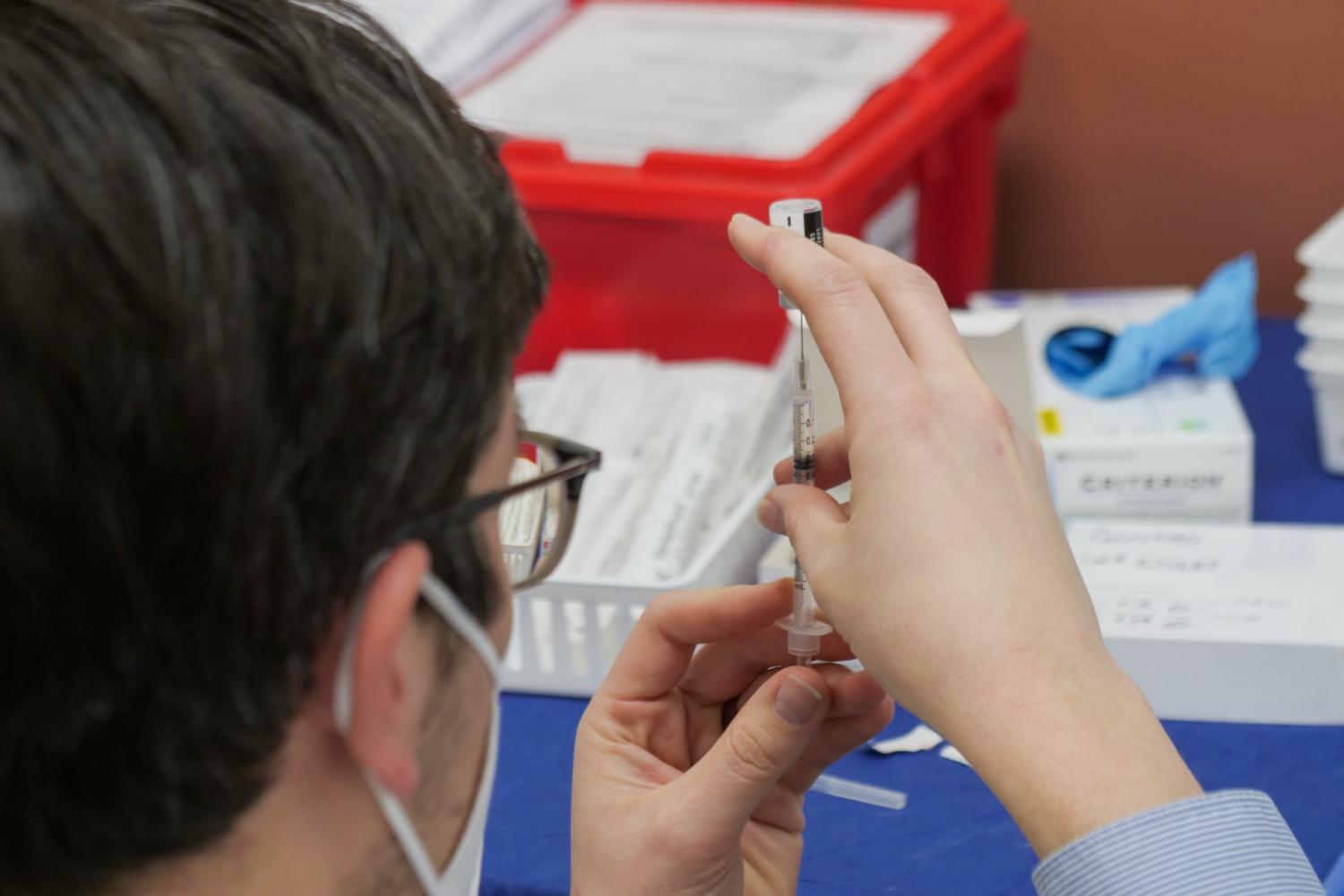
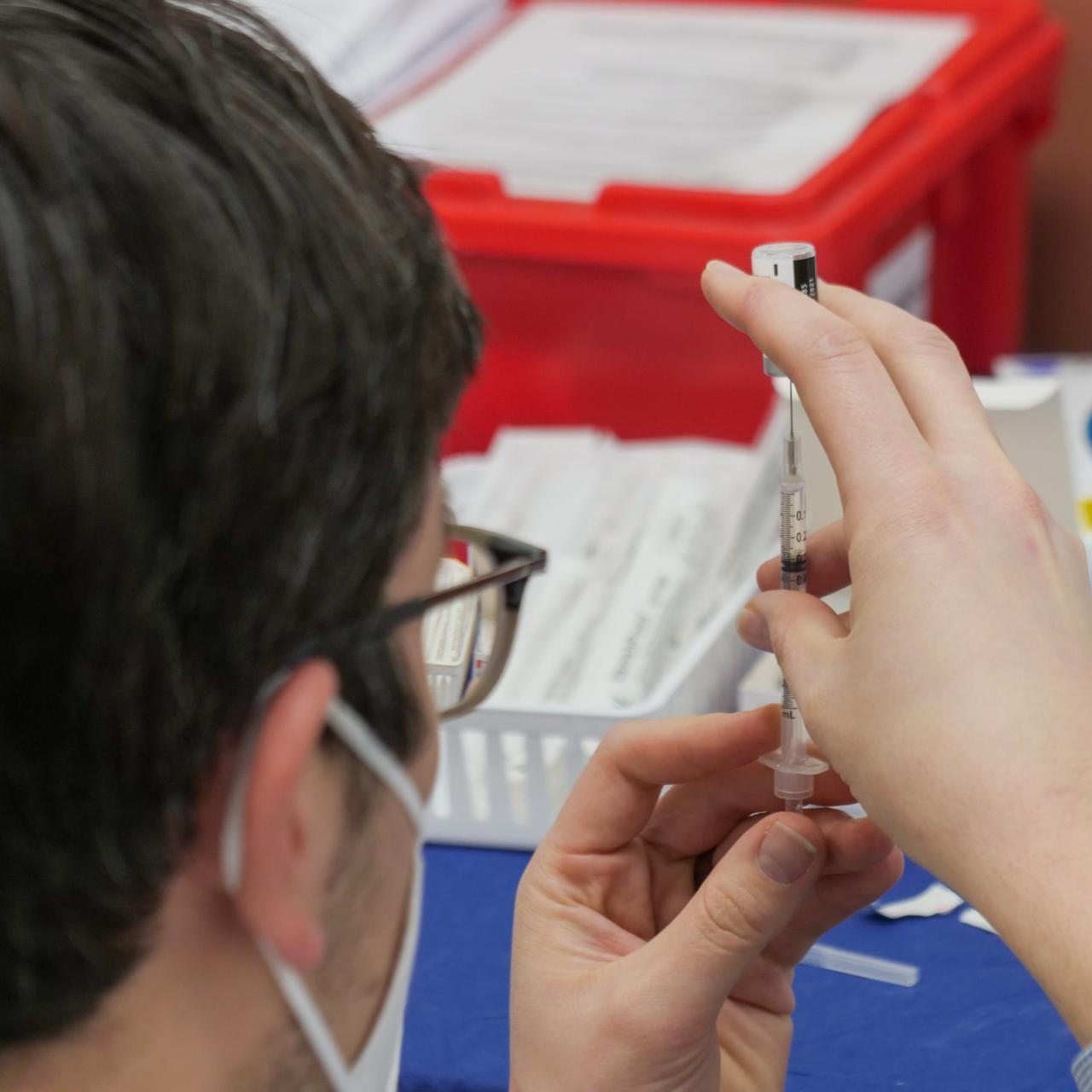
If the COVID-19 pandemic revealed the racial and economic inequities in the U.S., the rush for vaccines has surely amplified them. And lobbying has played a role in who gets vaccinated first and who is left behind.
The U.S. vaccination queue has been politicized, which shouldn’t be surprising. Clearly, healthcare workers should be vaccinated against COVID-19 first. But after that group of essential workers, discussions over who’s next in line have led to an unfair race that is based on who’s better connected and wields more political clout.
Health authorities agree that older people in high-density assisted living complexes or nursing homes should be ranked highly in the vaccination line. But when considering seniors who are still relatively healthy, live comfortably in their homes and seldom need to go out, many argue it doesn’t make sense they should take precedence over the essential workers who work for delivery services, supermarkets or pharmacies — and therefore have constant exposure to people at all hours of the day. We can make a similar case for employees who produce the nation’s food supply. But here’s the problem: Senior citizens are a consistent and powerful voting bloc, so of course they have priority in states like Florida.
To their credit, more companies are offering to pay their employees to schedule those jabs in their arms — they include the likes of dollar store chains, Trader Joe’s, Aldi’s, Chobani and McDonald’s. But as more states prioritize the efficiency of their vaccination rollouts over specific communities, the numbers game is winning. That focus on efficiency over fair access, however, often comes at the expense of people of color — many of whom work within such industries as retail and on-demand delivery services yet may find themselves pushed to the back of the line.
The problem in part is the fact that some of the pharmaceutical companies’ COVID-19 vaccines require cold storage (extremely cold, in fact), so it's not as simple as sending a van to a supermarket lot and inoculating everyone at once. Yet many essential workers don’t have the luxury of going to the local fairgrounds or stadium to wait in line all day for the two necessary shots — remember, many companies that rely on low-wage labor also don’t offer their employees any sick time.
But what’s really driving inequity in access to vaccines is the reality that industries are wielding their political clout to jump the vaccination line.
Take the meatpacking industry for example — which, along with its political allies, has often thrown workers under the bus during the pandemic. One company even publicly blamed employees for becoming ill in large numbers, ignoring lapses in its own safety standards and the dubious public health decisions that played a large part in COVID-19 ravaging through rural communities.
Now, the same industry that largely escaped accountability for its role in failing to stop the spread is among the sectors lobbying to push its workers to the front of the line for vaccines.
To sum up how the meat industry has conducted itself during this pandemic, know this: A close relationship with the previous presidential administration allowed meat industry lobbyists to draft an executive order that kept meatpacking plants open during the first wave of the COVID-19 crisis, while dismissing health and safety concerns. A few months later, one of the industry's most powerful trade groups directly lobbied the U.S. Centers for Disease Control and Prevention (CDC), asking for priority in receiving vaccines and noting that cases within the industry have declined, without mentioning how these companies’ decisions during the crisis helped pour gasoline on the COVID-19 fire.
No one disputes that meatpacking workers, who work long shifts and do difficult work in close quarters, should receive vaccines before white-collar workers who have the luxury of staying home. But the makers of plant-based foods, organic farmers and local ranchers also find themselves in a situation where employees work closely together. The difference, however, is that they don’t have the connections in state capitals and Washington, D.C. from which the nation’s largest meat producers benefit.
If only the meatpacking giants would have put the same energy into ensuring their workers could stay safe last spring, but it’s clear this industry’s focus has been far less about employees' health and safety and more about profiting from a crisis.
Be sure to subscribe to the Brands Taking Stands Newsletter, coming to your email inbox each Wednesday.
Image credit: Steven Cornfield/Unsplash
20 Plant-Based Foods Coming to Market in 2021


The plant-based food boom is heating up. Growth in the segment outpaced all other food categories amid the coronavirus pandemic, with plant-based meat sales up 148 percent in 2020 compared to the year before. Having surpassed the $5 billion mark last year, the overall plant-based food market is set to top $74 billion by 2027.
As brands compete for a slice of the plant-based pie, shoppers can now choose from an ever-growing array of products that tout a taste and texture that's just like the real thing. Here are a few standouts, coming soon to restaurants and grocery shelves near you. (If you plant to sample any of them, please remember to do so safely: Wear a mask, keep your distance and be kind to frontline workers.)

Beyond Meat inks more corporate partnerships, plans new global HQ
In the ever-growing parade of plant-based food companies, Beyond Meat is arguably leading the pack. After a headline-grabbing IPO in 2019, the brand's expansion to more grocery stores across the U.S. and Canada helped it weather the storm of COVID-19 — and it's yet again preparing for a big year in 2021.
The brand has already announced partnerships with Taco Bell and PepsiCo to develop new products based around plant-based protein. Its partnership with Carl’s Jr. is also expanding to include a new burger flavor (pictured above), and Jindingxuan, a 24-hour Chinese food chain in Beijing, will add eight new dishes featuring Beyond Meat products this year.
The company will move into a new 300,000-square-food global headquarters in El Segundo, California, this fall. Notably, the new HQ will house up to four times more research personnel, with the goal of developing even more protein varieties from plant sources.
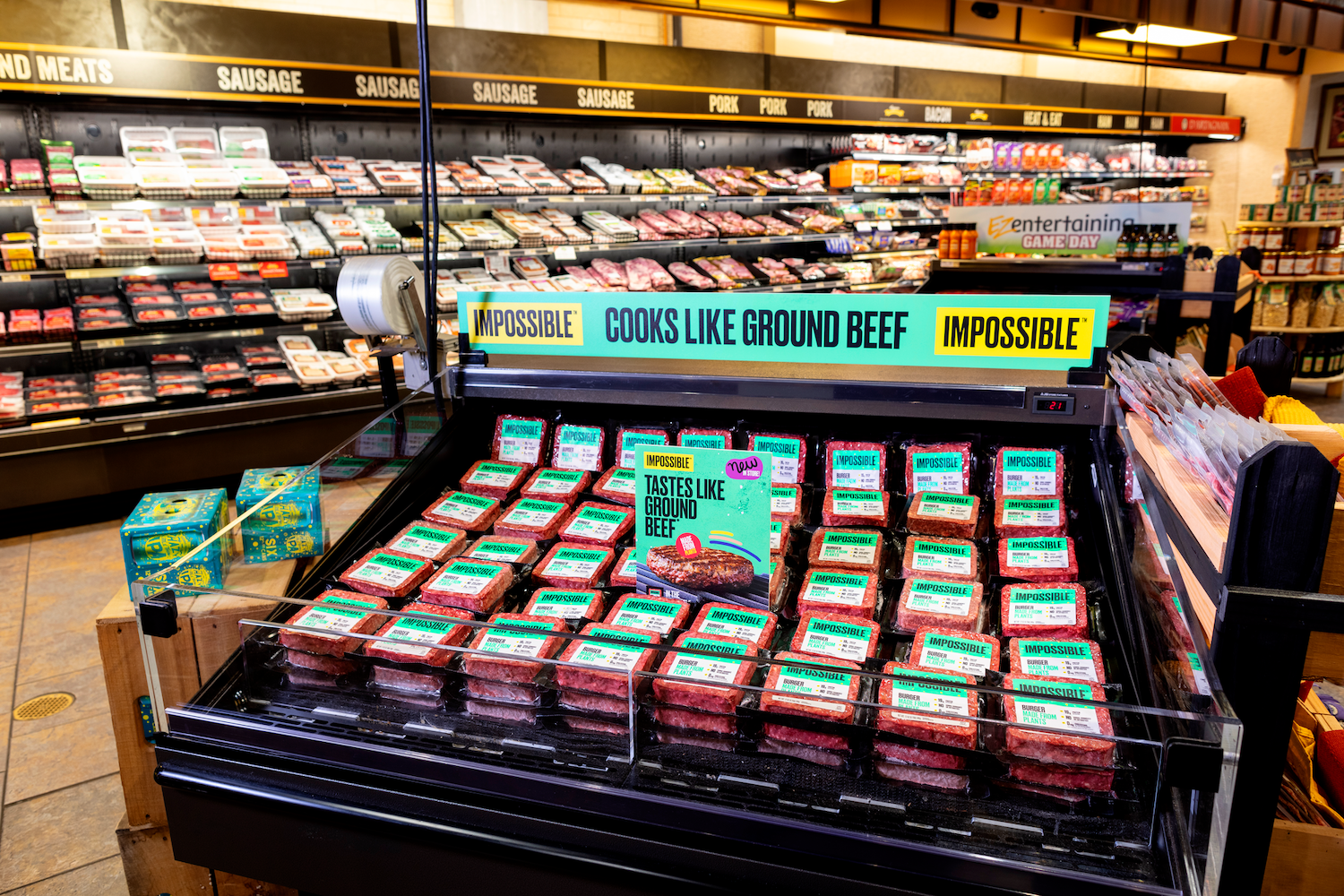
Impossible Foods slashes wholesale prices, nearing cost parity with meat
Beyond Meat's top rival, Impossible Foods, has yet to announce any new product launches for 2021, but what the brand already sells will be cheaper. At the start of the year, the company announced it would slash prices for foodservice distributors in an effort to reach price parity with real meat.
Distributors in the U.S. will pay about 15 percent less for Impossible beef, burgers and sausages, and the company requested the savings be passed along to restaurants and grocery shoppers. The price cut brings Impossible products closer to real beef, although they are still about $1.50 more per pound. The company said its production has increased by six times since 2019, allowing it to bring costs down further. Restauranteurs and home cooks have already put its ground beef substitute to use in meatballs, empanadas, bao buns and everything in between.

New Wave Foods hits the market for the first time with plant-based shrimp
After five years in development, sustainable vegan seafood company New Wave Foods is ready to launch its first product: a plant-based shrimp made from sustainable seaweed and plant proteins. Developed in collaboration with chefs and R&D experts, the company claims the product is "virtually indistinguishable from ocean shrimp in terms of taste and texture."
The shrimp alternative will first roll out to restaurants and foodservice locations this year, and a recently closed $18 million Series A funding round will allow the company to "scale up production" further, it said in January.
Oatly eyes IPO, expands product lineup in the U.K.
Oatly has enjoyed a smash success since its first line of oat milks hit U.S. coffee shops back in 2017. In the years since, the brand has introduced oat milk-based coffee creamers, ice creams, yogurts and cream cheese spreads for the U.S. market. U.K. customers saw the latter— oat milk-based cream cheese in plain, garlic and cucumber, and tomato and basil — appear on store shelves in mid January, the latest evidence of the company's fast expansion. It's reportedly planning to go public this year through an initial public offering.

Ben & Jerry's and Colin Kaepernick team up on vegan ice cream flavor
Ben & Jerry's latest ice cream flavor honors former NFL quarterback Colin Kaepernick and his fight for racial justice. Kaepernick's portion of the sale proceeds will support the Know Your Rights Camp, which he founded in Oakland, California, in 2016 to "advance the liberation and well-being of Black and Brown communities."
Featuring caramel, fudge and graham crackers, the non-dairy Change the Whirled flavor (fitting, as Kaepernick is vegan) popped up on store shelves and in Ben & Jerry's Scoop Shops at the start of the year.
Starbucks introduces a new dairy alternative in Europe
The coffee chain introduced the Starbucks Original Nut Blend — a non-dairy milk substitute made from rice, hazelnuts and cashews — in select European markets on Jan. 5. European customers will also see new plant-based breakfast choices this year, including a breakfast sandwich made with Beyond Meat's vegan sausage that complements a similar offering from rival Impossible Foods that is already available in the U.S.
These latest offerings are part of Starbucks' ongoing effort to introduce more plant-based food and beverage choices worldwide. Its partnership with Beyond Meat will extend to new plant-based offerings at more than 200 stores in the Middle East. Last fall, it partnered with both Beyond Meat and Impossible Foods to bring custom plant-based offerings to markets across the Asia Pacific, including an Impossible Burger and Sriracha pastry in Hong Kong and a vegan mince and cheese pie in New Zealand.

Just Egg gets fancy with soon-to-launch sous vide bites
After exponentially expanding production capacity in 2020, Eat Just is getting creative with new applications for its flagship product, Just Eggs. First on deck is a lineup featuring the plant-based eggs cooked sous vide, a French method that involves slow cooking in water.
Developed in partnership with sous vide food manufacturer Cuisine Solutions, the lineup includes four globally-inspired flavors — such as America, featuring potato, bell pepper, dill and chives, and India, made with curried broccoli and cauliflower. The plant-based bites, which come frozen and can be heated in an oven or microwave, will hit store shelves in March. Just is also looking to crack into the Chinese market this year through a partnership with Dicos, a local rival to McDonald’s and KFC in China.
Dutch plant-based pioneer Schouten gets into vegan seafood
Dutch brand Schouten has been developing plant-based proteins since the 1990s, far before vegan alternatives were en vogue. Its vast product portfolio now includes over 10 types of plant-based burgers, as well as analog sausages, chicken, bacon, meatballs, schnitzels and more, which ship to more than 50 countries including the U.S. New for 2021 is TuNo, a plant-based tuna alternative and the brand's first foray into alternative seafood.
The company says the new non-tuna can be applied in a range of products for its corporate partners, such as salads, wraps, pizza toppings and ready meals. “All tuna species are heavily overfished and a large number of species are threatened with extinction. Our vegetable tuna has the same bite and taste as real tuna,” Schouten’s product manager Annemiek Vervoort told Food Ingredients First.

The Vegetarian Butcher expands to Latin America and China in partnership with Burger King
The Vegetarian Butcher may seem like a contradiction in terms. But the brand's range of plant-based meats — from burgers and meatballs to bratwurst and shawarma — received top marks from Michelin-star chefs and caught the attention of consumer goods giant Unilever, which acquired The Vegetarian Butcher in 2018. Already available in more than 45 countries, the plant-based meat purveyor will expand to China and Latin America this year thanks to a partnership with Burger King.
A new Whopper featuring The Vegetarian Butcher's burger substitute will rolled out across 325 Beijing, Shanghai, Shenzhen and Hangzhou locations in January, with a nationwide rollout across China planned for later this year. Mexico, Costa Rica, Colombia, Bahamas, Dominican Republic, Nicaragua, Suriname, Saint Martin, and Saint Kitts will be the first Latin American and Caribbean countries to add the Plant-Based Whopper to their menus this year.
The latest expansion news follows launches from The Vegetarian Butcher across Europe, the Middle East and North Africa in 2020.
Singapore frozen foods giant Tee Yih Jia launches plant-based spinoff brand
Tee Yih Jia Food Manufacturing, a mainstay in Singapore's frozen food aisles and the world’s largest producer of spring roll wrappers, jumped into the plant-based food segment in December 2020. Its new vegan brand, called ALTN, will roll out a range of frozen snacks and ready meals this year, including twists on classic Asian dishes like gyoza, siu mai and Hainanese chicken rice.
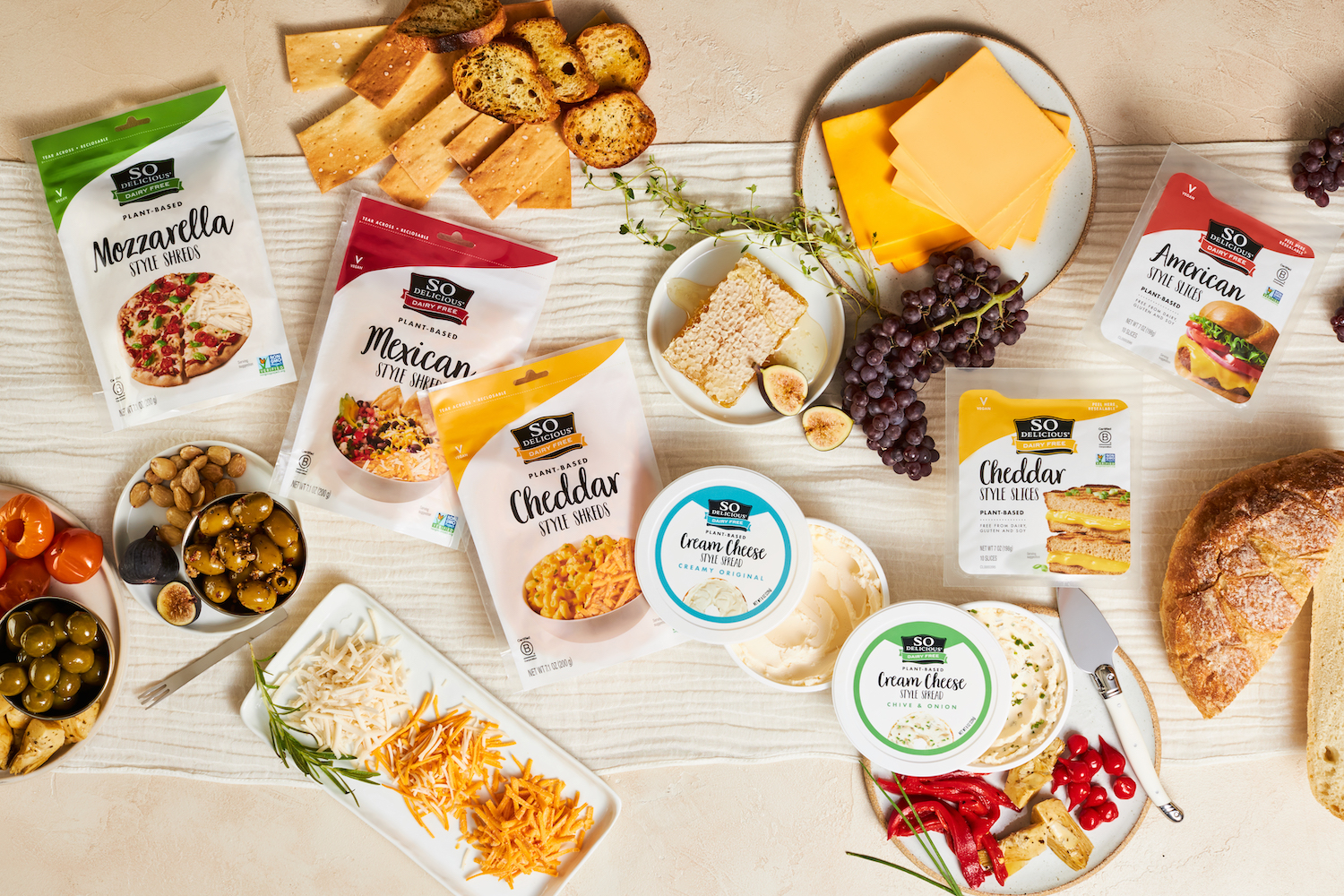
So Delicious Dairy Free gets into plant-based cheese
Danone's plant-based So Delicious Dairy Free brand is growing with plant-based shredded, sliced and spreadable cheeses coming to store shelves this year. The brand's new shredded and sliced varieties are already available in select U.S. retailers including Target, Walmart, HEB and Hy-Vee, and the spreads will roll out in March.
The new choices — which So Delicious promises taste and cook just like dairy cheese — join the brand's lineup of dairy-free frozen desserts, yogurt alternatives, beverages and creamers.
Hungry Planet expands to more restaurants and retailers in partnership with Post Holdings
Best known for consumer brands like Fruity Pebbles cereal and Bob Evans frozen dishes, Post made its first foray into plant-based foods last year. The company's Michael Foods division agreed to a distribution partnership with Just Egg in May, which brought the plant-based egg substitute to thousands of new restaurants and foodservice locations in the U.S.
This year, the consumer goods giant is linking up with plant-based meat upstart Hungry Planet for a similarly massive rollout across retailers and restaurants. The two companies, both headquartered in St. Louis, Missouri, will distribute Hungry Planet's portfolio of vegan beef, chicken patties, and crab cakes to new outlets and look to integrate it into Post product lines like Bob Evans.

Fatburger introduces vegetarian wings in partnership with Quorn
Fans of fast-casual chain Fatburger will soon see a lineup of vegetarian wings featuring Quorn's chicken alternative made from fungi. All 13 house-made sauces from Fatburger subsidiary Buffalo’s Express will be available for the new plant-based offering, dubbed "Chick’n Vings," which rolled across the U.S. in mid January.
Taco Bell brings back potatoes, plans test launch with Beyond Meat
Taco Bell took potatoes off the U.S. menu last year — and, to put it mildly, vegetarians were not pleased. But the chain reversed course in an — ahem — unique fashion, with an animated social media video starring CEO Mark King as a potato with a face (yes, we're serious). The Bell also plans to test launch its first plant-based meat option for the U.S. market this year, in partnership with Beyond Meat.
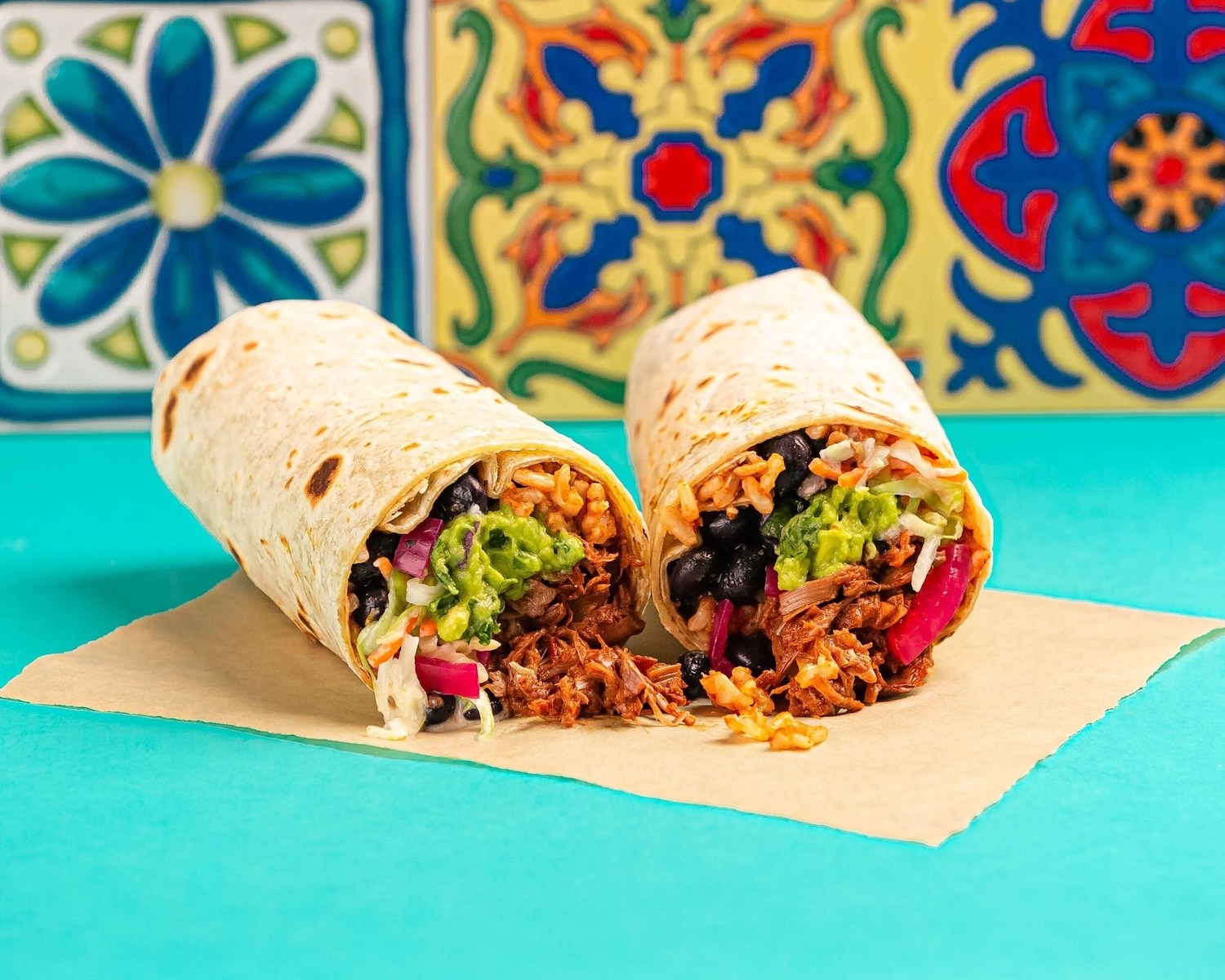
Plant-based pioneer Veggie Grill launches delivery-only Mexican concept
As restaurants closed their doors or drastically reduced capacity to slow the spread of the coronavirus, many were in search of new ways to utilize their kitchens and keep their businesses afloat. For fast-casual vegan eatery chain Veggie Grill, that means translating perennial Mexican takeout favorites into vegan alternatives.
The new menu is available for delivery only and will be cooked out of Veggie Grill kitchens across California, Oregon, Washington, New York, and Massachusetts starting this month. Menu offerings include shredded jackfruit chipotle carnitas, cauliflower asada and crispy poblano chickin' provided by partner Beyond Meat.
Celebrity chef Matthew Kenney launches vegan chocolate line
Celebrity chef Matthew Kenney made his career from plant-based foods. Since the early 1990s, he has authored 12 cookbooks, launched dozens of vegan restaurants and founded a vegan lifestyle brand, Matthew Kenney Cuisine. The brand runs restaurants, does catering, provides education about plant-based cooking and sells consumer products under a variety of labels — the most recent being Casse-Cou Chocolaterie, a line of artisanal chocolates.
The vegan chocolate label, developed in partnership with New York pastry chef Sebastian Brecht, started accepting online orders at the start of February, and it will open a storefront in New York City on Feb. 8.
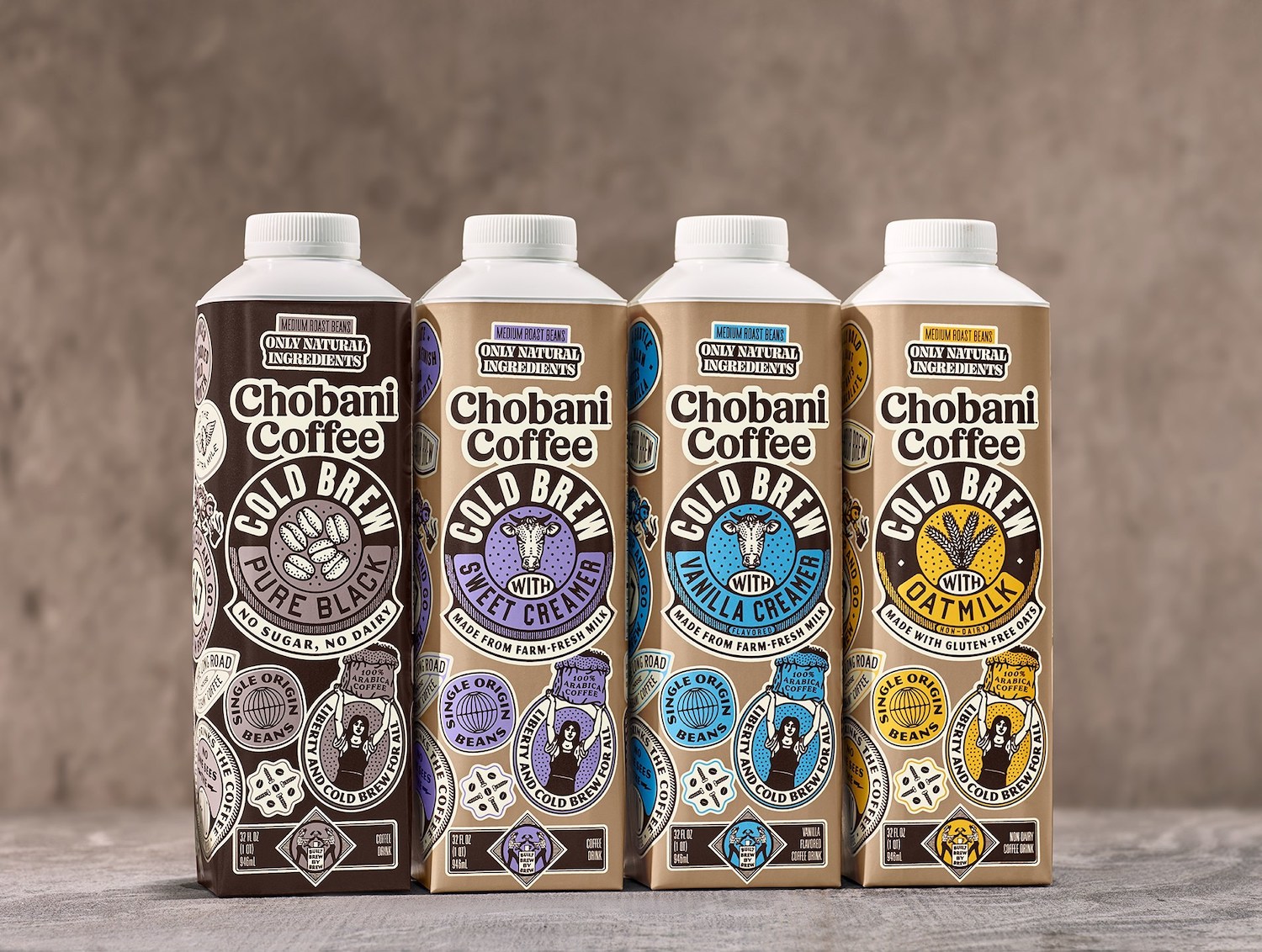
Chobani releases oat milk cold brew
Best known for Greek yogurt, Chobani has diversified its product portfolio a great deal in recent years. In 2021, customers can expect a lineup of four new ready-to-drink cold brew coffees, including two vegan options: a black and sugar-free version and a vegan oat milk blend.
Kite Hill revamps vegan yogurt to taste more like dairy
Vegan brand Kite Hill relaunched its line of almond milk-based yogurts this month to make them more "true to dairy" in response to consumer feedback. With a thicker and creamier texture, the brand swears you won't miss the milk a bit. Flavors include vanilla, blueberry, strawberry and peach.
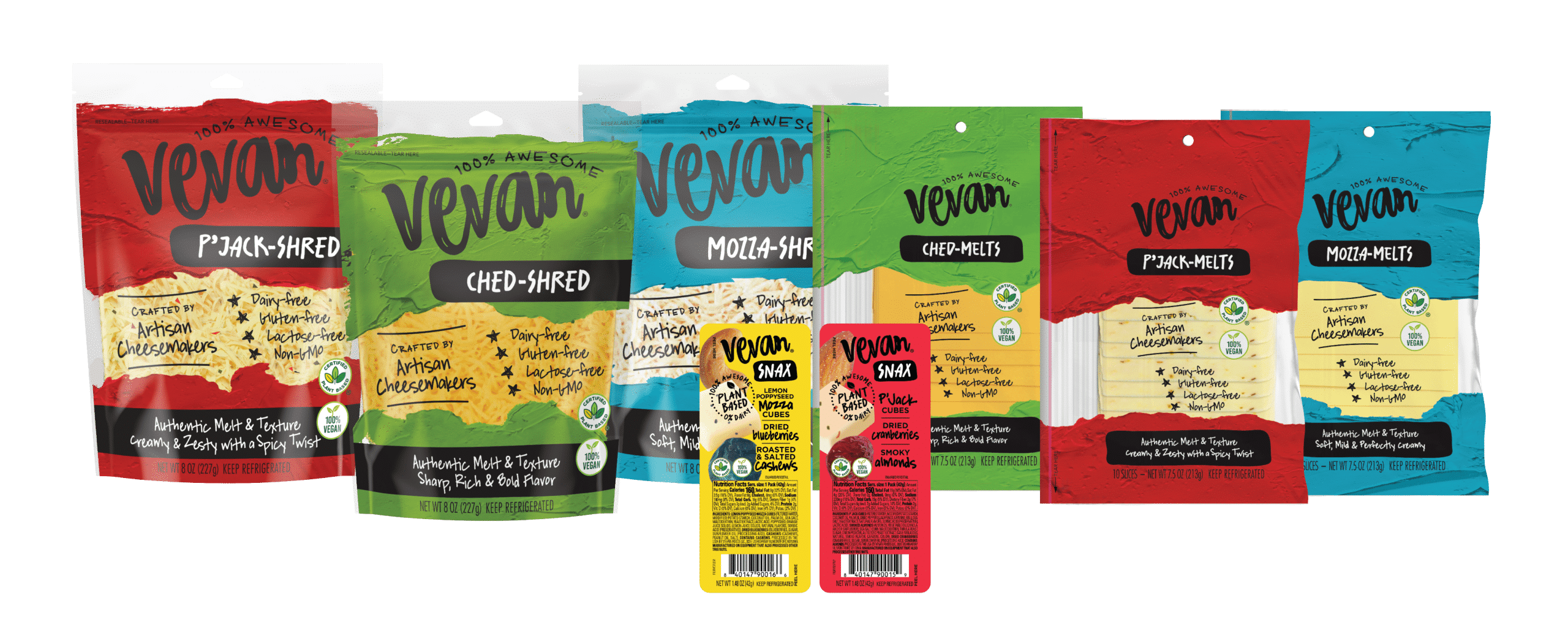
Vegan brand created by Wisconsin cheesemakers hits grocery shelves
Vegan brand Vevan Foods made its retail debut at natural food chain Sprouts this month with a line developed by traditional artisan cheesemakers to closely mimic dairy in texture and taste. Its inaugural launch at all 300 U.S. Sprouts locations includes shredded and sliced cheddar, mozzarella, and pepper jack — all made from plants — as well a collection of snacking cheese cubes paired with dried fruit and roasted nuts. The brand, a subsidiary of Wisconsin-based dairy brand Shuman Cheese, initially rolled out to foodservice locations in February 2020.
VBites, Al Islami lead plant-based market boom in the Middle East
U.K. vegan meat brand VBites will expand into Spinneys — a supermarket chain with locations across the United Arab Emirates, Qatar, Lebanon, Oman and Pakistan — and Waitrose supermarkets in Dubai this year. Spinneys is also running a special promotion to highlight plant-based products through Feb. 14, with available brands including Beyond Meat, Meatless Farm, Quorn and Violife.
Meanwhile, UAE-based Halal brand Al Islami launched its first vegan burger in January, the first of several plant-based frozen food launches it's planning for 2021. The brand's heat of marketing says his team believes "the plant-based food trend is here to stay."
Featured image courtesy of Impossible Foods
The SEC is Poised to Take Climate Action Policy Seriously
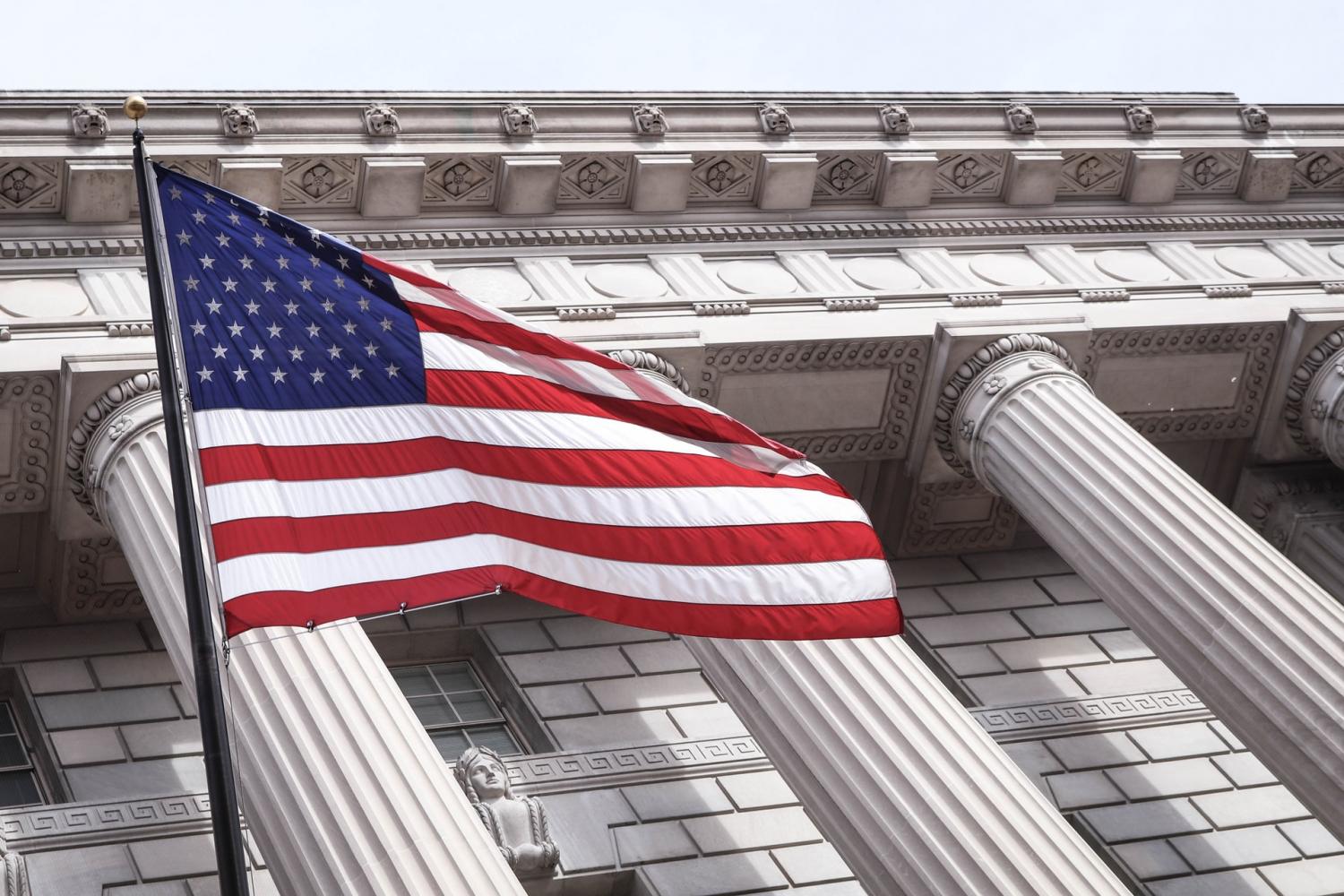
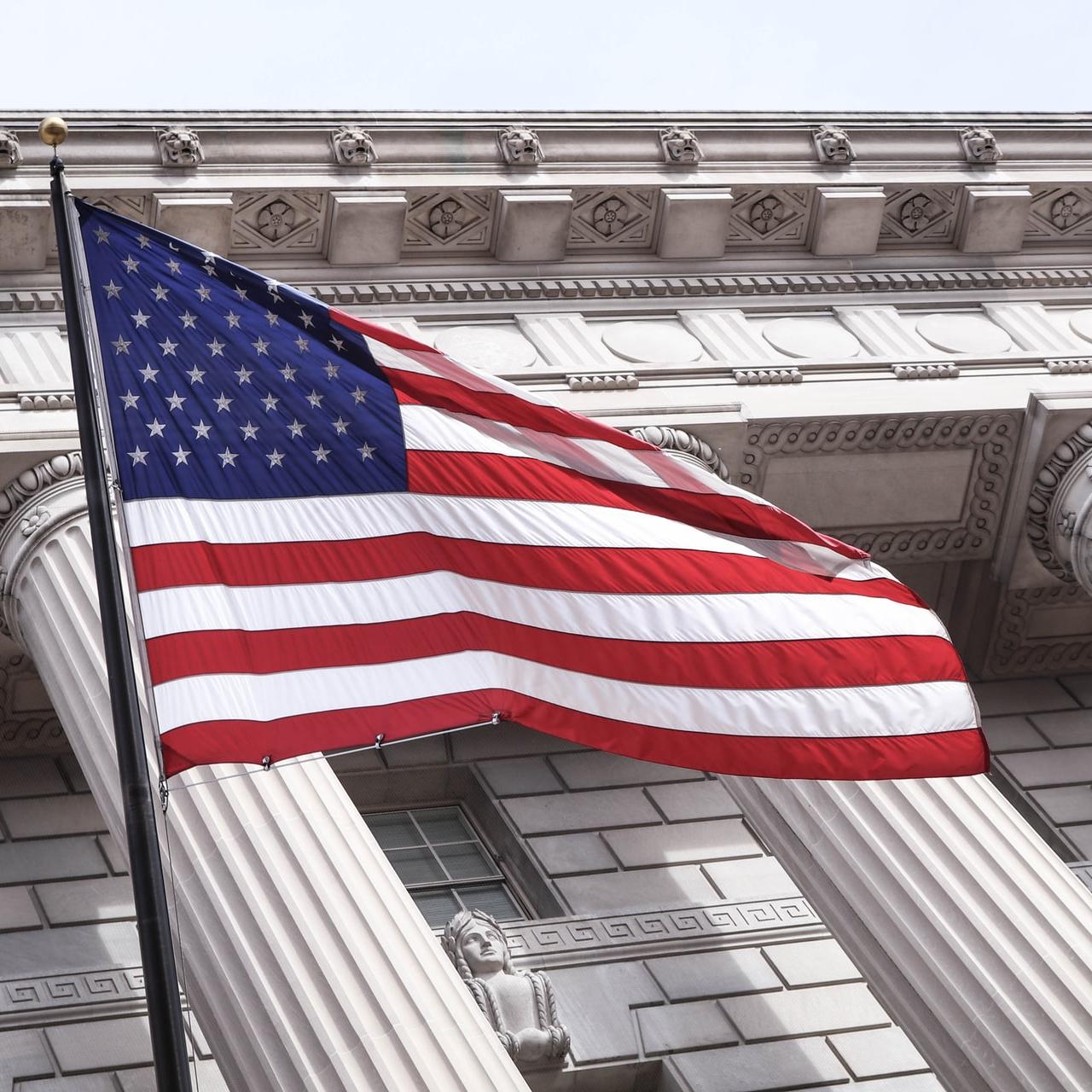
What a difference a regime change can make, especially when it comes to climate action.
For one thing, the new presidential administration has embarked upon its climate action plan with an emphasis on jobs and social justice — a strategy the Washington Post notes comes years after many U.S. states have already taken a similar approach. The shift in strategy is a welcome break from the 40-year-old “jobs versus the environment” conversation. But even more importantly, a laser-like focus on climate change is about to permeate just about every federal government agency in the U.S.
One agency that is aboard the Joe Biden climate action plan is the U.S. Securities and Exchange Commission (SEC), which for years either avoided or has not been resourced with the tools it needs to lean on companies to take climate change risks more seriously.
Two weeks in, however, the SEC is poised to change its tone and respond to investors who insist that companies be more forthcoming about their ESG (environmental, social and governance) performance, especially when it comes to their analyses of climate change risks that could affect their financial performance in the long term.
This new direction is evident with the announcement that Satyam Khanna will join the SEC as a senior policy advisor for climate and ESG. For now, he will report to the agency’s acting chair and advise the agency and its various offices and departments on all matters related to ESG.
Khanna was recently a fellow at NYU School of Law’s Institute for Corporate Governance and Finance and was a member of one of the Biden-Harris presidential transition team. He is hardly a corporate lackey — among his bylines in the past year is a co-authored op-ed on the New York Times that urged Congress to act fast to offer small businesses suffering across the U.S. a financial lifeline.
One organization lauding the move is the nonprofit sustainability advocacy organization Ceres, which has long urged U.S. regulators to look at the business landscape through a climate action lens.
“Satyam Khanna has substantial experience with the SEC, the Financial Stability Oversight Council at the U.S. Treasury Department, and in academia,” said Steven M. Rothstein, who heads the Ceres Accelerator for Sustainable Capital Markets, in an emailed statement to TriplePundit. “We’re encouraged by his position on climate change, and are looking forward to working with him to address it as a systemic risk to our markets and our economy.”
Ceres has long been urging companies, especially those within the financial sector, to change how they talk to their investors by focusing on long-term business threats such as climate change. The Boston-based group has also been quick to call out federal regulators for enacting rules that actually put investors at risk instead of shielding them.
President Biden’s nominee to chair the SEC, Gary Gensler, is widely expected to take a stronger stand on SEC enforcement than his predecessors — and he is assumed to be warm to the idea of having the SEC do its part to push for more climate change-related disclosures, as well as for additional transparency on such problems as political spending and human rights.
Image credit: Brandon Mowinkel/Unsplash
A Refocus on the SDGs Can Get Us Back Aboard the Sustainability Track


Getting back to normal means focusing again on the Sustainable Development Goals, otherwise known as the SDGs. Here’s how businesses can help us to meet our 2030 targets.
For everything that can be said about 2020, the one certainty is that it didn’t exactly go to plan. Governments had whole policy agendas thrown to the side. Many businesses abandoned growth plans in favor of survival. And we all, as individuals, essentially stopped living our lives as we intended.
The challenges of the past year are still looming large, but with the rollout of vaccines and a new occupant in the Oval Office, we’re seeing the first signs that we might be able to get back on track as a society as the year progresses.
Nowhere is this more important than progress towards the most ambitious of plans- the Sustainable Development Goals, or the SDGs. Agreed by the United Nations General Assembly in 2015, the SDGs set out a series of goals for the world to achieve by 2030. From eradicating poverty and hunger to tackling the climate crisis, the SDGs encompass the most fundamental challenges we face as a society. They are simple and daunting in equal measure.
Progress on the SDGs had been painfully slow, but they showed progress nonetheless. But 2020 was different. As Bill and Melinda Gates show in their recent "Goalkeepers" report, 2020 was the first year where not only did momentum stall for the majority of the SDGs - they actually fell several steps backwards.
It’s time to get back on track. We have 10 years to try and achieve these goals and, as with all of the great endeavors attempted by mankind, it won’t be achieved unless governments, businesses and individuals play their part. While much has been made of the role governments have to play, the role of businesses is too often overlooked.
For businesses to truly have an impact, they need to put the SDGs at the heart of their business strategy. The problem is that they rarely know how to do this effectively. The SDGs are often relegated to a phrase trotted out by executives and consultants that sounds profound until you dig a little deeper. This is unfortunate because, when done properly, these goals can genuinely help businesses to improve their impact and identify innovative opportunities for growth.
The approach that most businesses take is to pick a handful of SDGs and focus their corporate responsibility efforts around them. This is an old-fashioned approach that sees sustainability as separate to a company’s core operations. At best, this approach doesn’t have the desired impact, but, at worst, it serves as a public relations strategy that allows companies to avoid truly overhauling their sustainability.
The other problem with this approach is that it tends to steer a company towards maximizing the areas where they can have a positive impact at the expense of the areas where they should be addressing their negative impact.
The starting point for any business needs to be an honest assessment of their operations to understand both the positive and negative impact they have against each of the SDGs. If this sounds excessive, then you need to ask yourself if it’s really acceptable for a modern business leader to not know the impact they have on issues like poverty, inequality or climate change.
From here, a business needs to do three things to genuinely integrate the SDGs into their business strategy. The first is to set clear and specific targets, which may sound basic, but most businesses fail to do so. This is borne out by analysis of company reports, with research by PwC showing that while 72 percent of companies mentioned the SDGs only 14 percent mentioned specific targets associated with them.
To do this, a business should look at the sub-targets defined within specific SDGs to agree a tangible and relevant business target. For example, SDG 12, “Responsible Consumption and Production,” includes a sub-target to “achieve the sustainable management and efficient use of natural resources” by 2030. A business could address this by trying to move away from the use of unsustainable materials in their supply chain. Businesses can also access a UN database of indicators for all sub-targets that give examples of how you can measure progress.
But this is not enough on its own. A business needs to report against them and be transparent about its progress. This should be an annual process and include detail on the measures they took to reach them, their effectiveness, and what they plan to do in the year ahead. Given the opportunities and risks that such reporting will uncover and monitor, this is something that will matter to all stakeholders, including investors and business partners.
The third and final thing that businesses need to do is the most important. They need to place the value of meeting these targets on an equal footing to financial targets. They need to recognize and reward employees for success, not with token gift vouchers, but with bonuses and promotions. Well-run businesses that are properly incentivized towards targets will achieve them. If these targets are seen as secondary to financial targets, or a low priority for senior management, it’s inevitable that success will be lower.
As businesses look to get back on track, there is a financial as well as ethical case to make the SDGs a central part of their business strategy, with research showing that 78 percent of customers would change their buying behavior on the basis of whether or not a company has signed up to the SDGs. Put simply, in the long term only sustainable businesses will be successful.
Image credit: Dan Bolton/Unsplash